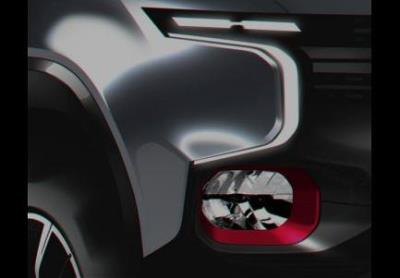The United States Army has taken an interest in fuel-cell technology and is working with General Motors to modify the auto maker’s Chevrolet Colorado mid-sized pickup truck to run on a commercial hydrogen fuel cell propulsion system.
The Army’s Tank Automotive Research, Development and Engineering Centre (TARDEC) will expose the vehicle to daily military conditions during a span of 12 months as part of its evaluation of the fuel cell technology.
RELATED STORIES
Smart cars: How electronics are changing military vehicles
A roadmap for unmanned vehicles?
In recent years, technology has been appearing in civilian vehicles at an ever increasing pace. The military has been incorporating technology in its vehicles for decades.
Advanced navigation systems, communications, surveillance and sensing devices and electronic countermeasures are just some of the systems packed into military vehicles.
However, there also appears to be a move steering military vehicles towards assimilating some civilian automotive comforts.
Some five years ago, for instance, Canada’s Department of National Defence (DND) held a series of workshops to allow the defence industry the opportunity to help define the requirements for the much-needed integrated soldier systems.
The program covered everything from boots and clothing to weaponry, sensors, C4I (command, control, communications, computers, and intelligence) and power. The goal was to create a technical roadmap for the development of a variety of interoperable and integrated systems that the soldier will use in the future.
Some makers have also taken a modular application approach when systems can be rapidly installed or scaled out depending on the operational needs.
The idea of using fuel cell vehicles (FCVs) is attractive to the Army for several reasons.
- An electric vehicle has the potential generate electricity in the field
- Water emitted by the vehicle’s tailpipe can be used in dry climates
- Electric drive motors develop strong low-end torque.
- Since fuel cell vehicles are very silent in operation
“The potential capabilities that fuel cell vehicles can bring to the Warfighter are extraordinary and our engineers and scientists are excited to exercise the limits of this demonstrator,” said Paul Rogers, director of TARDEC.

